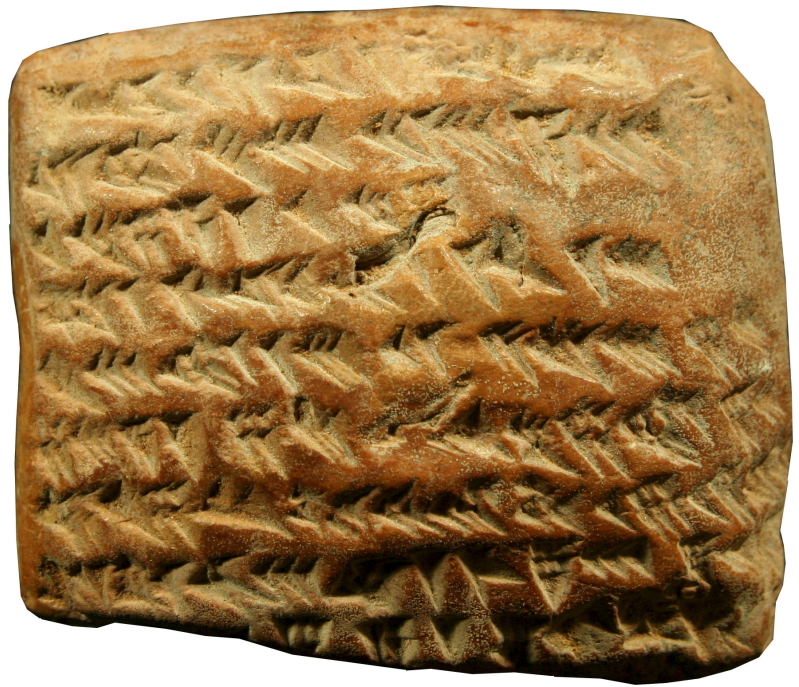
Ancient Babylonian tablets present an amazing discovery. It shows that Babylonians may have been way ahead of their time, and the rudimentary calculus may have been born for more than a thousand years earlier than previously thought.
In a careful analysis of the tables, it reveals that ancient Babylonians were able to accurately locate the Jupiter using complex mathematics, which was previously believed first existed some 1,400 years later in 14th century Europe.
The tablets, which are protected at the British Museum, were unearthed from an archeological expedition during 1800s at what is now called modern day Iraq. Moreover, the discovery of these tablets testifies to the revolutionary brilliance of the unknown Mesopotamian scholars who constructed Babylonian mathematical astronomy.
These ancient texts are the "earliest evidence" that scientists have gathered to prove the antiquity of mathematical astronomy, according to Dr Mathieu Ossendrijver, lead author of the study from Humboldt University in Berlin.
Furthermore, the researchers applauded the intelligence of the ancient astronomers from Babylon.
Babylonians are known for their cuneiform writing system and, over time, they developed complex numbering system. Early mathematics was essentially used in finance like counting sheep, goats, grain and the like.
The scientists are also puzzled why the Babylonians were so interested in the motion of Jupiter. After looking into the details of ancient city's history, they found it is possible that Jupiter was associated with Marduk the supreme god of Babylon.
"They believed that the planet's position in the sky could predict a plentiful grain crop, or the level of the river Euphrates," according to a report from Christian Science Monitor.
Dr Ossendrijver stated that these ancient astronomers might also be priests that were tasked by Babylon's main temple to look for Marduk's temple, which was the planet Jupiter. Babylonians believed that each god had a star and Jupiter is for Marduk.
From the perspective of someone standing on Earth, Jupiter doesn't move across the sky at a constant speed. The big gaseous planet gradually slows down from the first day it appears to the 60th. Because of that, it would have been difficult for priests to locate its position without using complex mathematical algorithms.
"It shows a surprising level of insight and sophistication among these Babylonian astronomers," Ossendrijver said.
The recent discovery could rewrite the history books about ancient mathematics, as it was thought calculus was first used in the Middle Ages.
The latest findings about Babylonians are published in Thursday's edition of the journal Science.







